- Consider several factors before buying an electric car.
- Some people prefer having a mild hybrid or plug-in hybrid for more flexibility and access to gas stations.
- Charging stations aren’t ubiquitous in every community, making it difficult for some to buy an EV.
- Consumers who buy used EVs can take advantage of tax incentives.
Would the US give incentives to people who sell their used cars for new electric vehicles? The Cash for Clunkers program helped put people in fuel-efficient vehicles back in 2008 and 2009, but it’s highly unlikely that the government will bring it back to push people into electric vehicles. While some people believe the government will force people to buy an electric car, it’s highly unlikely to happen.
Should I Buy An Electric Car?
More consumers are buying electric cars, but the current charging infrastructure is not ready for every American to drive one. Some communities (like the Minneapolis area) have little to no public fast-charging stations, while others are loaded with them.
There are several other factors to consider when deciding whether to buy an EV or not. If a fully-electric vehicle isn’t for you, but you want to save money on fuel, a hybrid or plug-in hybrid might be a better choice.
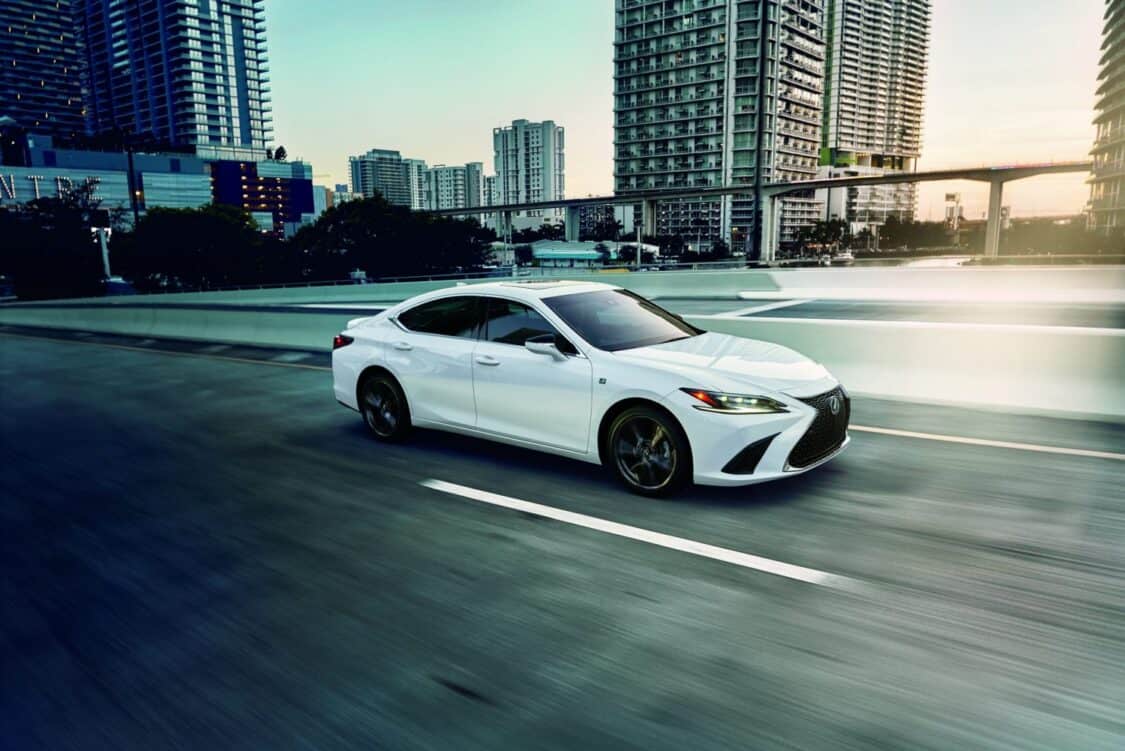
Consider Your Driving Needs
Before buying an electric car, consider how much city and highway driving you do. If you drive around town, a plug-in hybrid might be the best choice, as it gives you a fully-electric ride for approximately 25 miles, then switches to a gas-powered engine for road trips. Once the battery is exhausted, PHEVs continue to use their electric motors in conjunction with the internal-combustion engines thanks to regenerative braking and other technology.
Mild-hybrid vehicles like the Toyota Prius include an internal-combustion engine and an electric motor, and they work together to deliver outstanding EPA-estimated gas mileage, often over 40 MPG combined.
Electric vehicles have a variety of ranges, from 150 to over 400 miles. If you routinely drive hundreds of miles each week, a short-range EV would be a bad choice because you would spend at least 40 minutes at every charge stop. On the flip side, don’t let a handful of annual road trips prevent you from buying an EV, as you can make the charging stops part of the journey.
The easiest way to determine if it’s financially smart for you to buy an EV is to do a little math. Consider how often you’ll have to charge and what it costs per kilowatt at home and on the road. Then, figure out how often you would have to fill up an ICE vehicle, factoring in the per-gallon price.
For many drivers, the added sticker price of an EV like a Tesla Model Y is worth driving past every gas station. Some people might find they are better off in a mild hybrid like a Lexus EX300h or a plug-in hybrid like a Jeep Wrangler 4xe.
Consider Your Necessary Vehicle Size
EVs come in a range of sizes, but most seat five with limited cargo space. Only two automakers have EVs that seat more than five. The Mercedes-Benz EQS SUV comes standard with two rows and seating for five, but a small third row is available. The Rivian R1S SUV has seating for seven. Otherwise, the EV market has limited options for drivers who need larger vehicles.
Expect a Different Driving Experience
Until recently, drivers only had experience with vehicles with internal combustion engines. Most people are surprised by the driving experience in an EV, and it’s the experience that convinces them it’s time to buy an EV.
Electric vehicles do not have transmissions, so they do not have the subtle pause that ICE vehicles have when shifting. EVs also do not have exhaust systems, so they are incredibly quiet. The instant torque and immediate speed can also be a shock to drivers who aren’t expecting it. Plug-in hybrid electric vehicles also have instant torque and acceleration when in hybrid and all-electric modes.
The driving experience also includes watching the electric range decrease. Range anxiety isn’t a reality with gas-powered vehicles, because gas stations are ubiquitous. But, range anxiety is a reality for EV drivers, and getting to know your vehicle’s usage trends is part of the driving experience. EVs suck more energy going up hills or driving into the wind.
Battery ranges change based on the weather, as extreme heat and cold reduce efficiency. You’ll also notice that range decreases when you’re going fast – range drops on the highway. New EV drivers are surprised by this, especially after years of getting better gas mileage on the highway.
Is It a Good Time to Buy an Electric Car?
Considering the timing of your EV purchase is an important aspect. The current market conditions make it a favorable time to buy an electric car. Several factors contribute to this:
- Lower Costs: The cost of EVs has been declining, making them more affordable for a wider range of consumers. Additionally, as the technology improves and becomes more widespread, economies of scale are reducing production costs.
- Increased Model Availability: Automakers are introducing new electric models to cater to the growing demand. This increased competition offers buyers a wider selection and more options to choose from.
- Expanded Charging Infrastructure: The charging infrastructure is rapidly expanding, with more public and private charging stations being installed across the country. This growth makes owning an EV more convenient and accessible.
- Environmental Benefits: Electric cars produce zero tailpipe emissions, which helps reduce air pollution and greenhouse gas emissions. As environmental concerns become more prominent, the societal shift towards EVs is likely to continue, making it a sustainable long-term investment.

Should I Buy a Used Electric Car?
If investing $40,000 or more in a new EV sounds daunting, but you want an EV, consider a used one. The federal government requires EV manufacturers to back their batteries with an 8-year/100,000-mile warranty. Before you buy a used EV, have it checked out by a mechanic, so you know it will run for many years.
Tax Incentives for New and Used Electric Cars
The federal government offers financial incentives for people to buy electric cars, and the incentives continue into the used EV market. However, only EVs made in the USA qualify for the incentives. Check the make and model to ensure you can get up to $7,500 in tax credits for your new or used EV.
Depreciation is another factor to consider when evaluating the long-term value and resale potential of electric cars. Due to the rapid advancements in EV technology, electric cars may depreciate faster than traditional vehicles. This is an important consideration for buyers who are concerned about the future value of their investment. However, it’s worth noting that as the market for electric cars expands and technology continues to improve, depreciation rates may stabilize over time.

SOURCES | IMAGES: FORBES, BANKRATE, CARMAX | RIVIAN, LEXUS
FTC: We use income-earning auto affiliate links. Learn more.





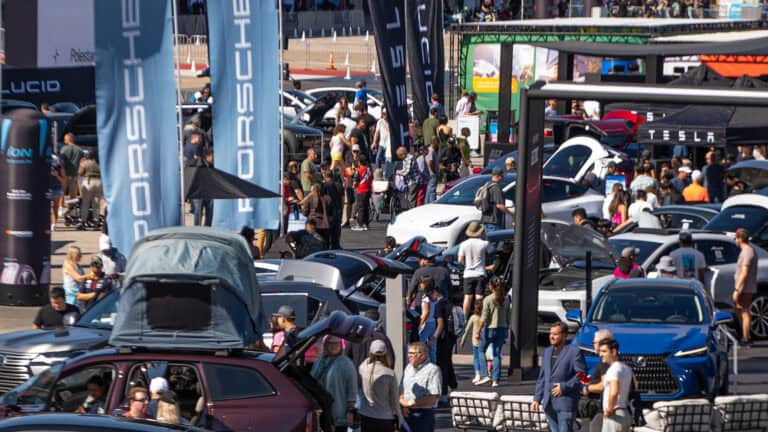
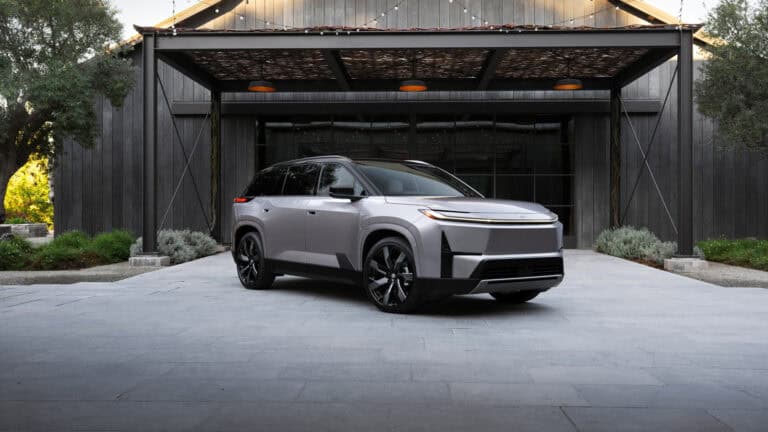


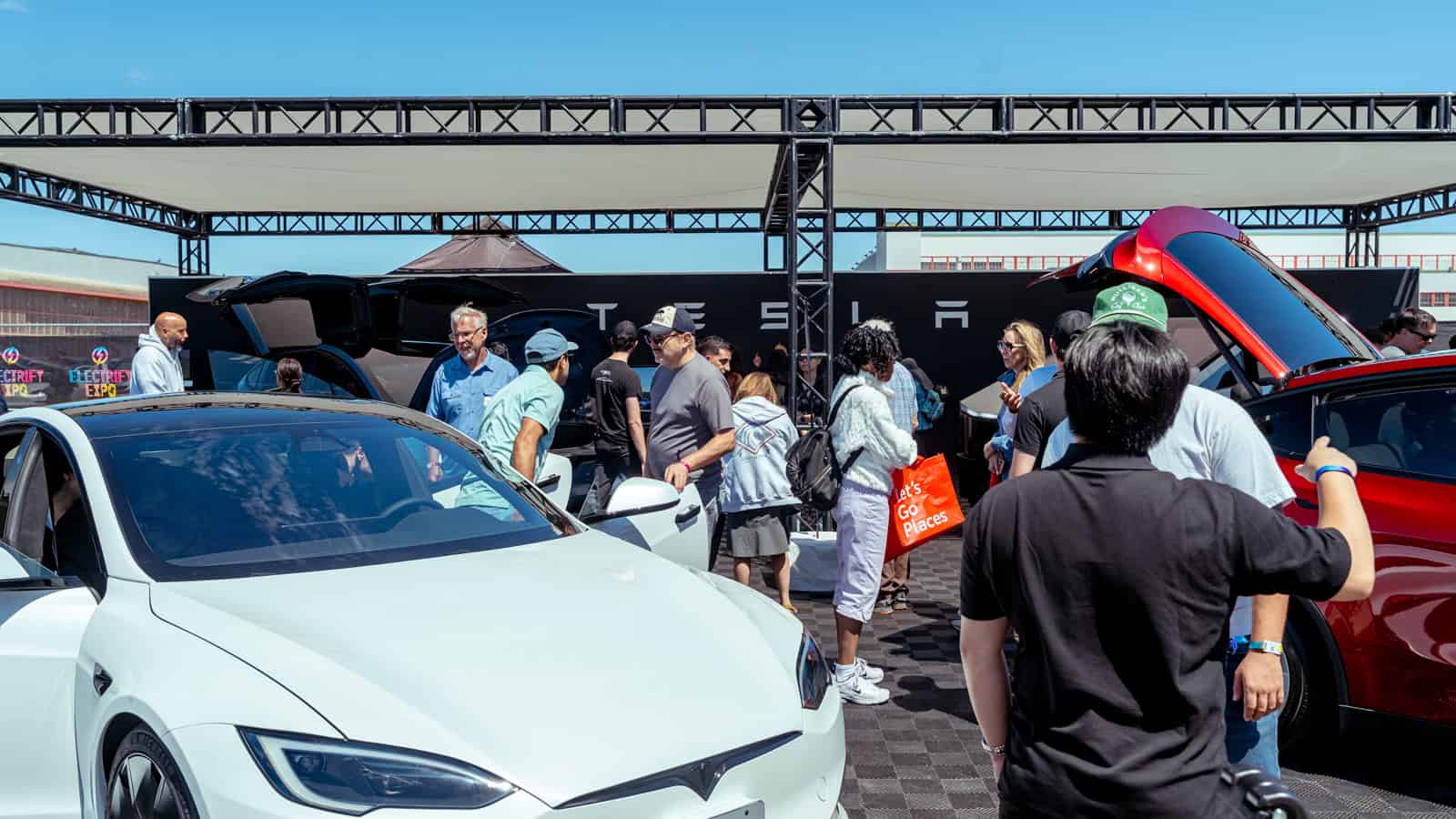
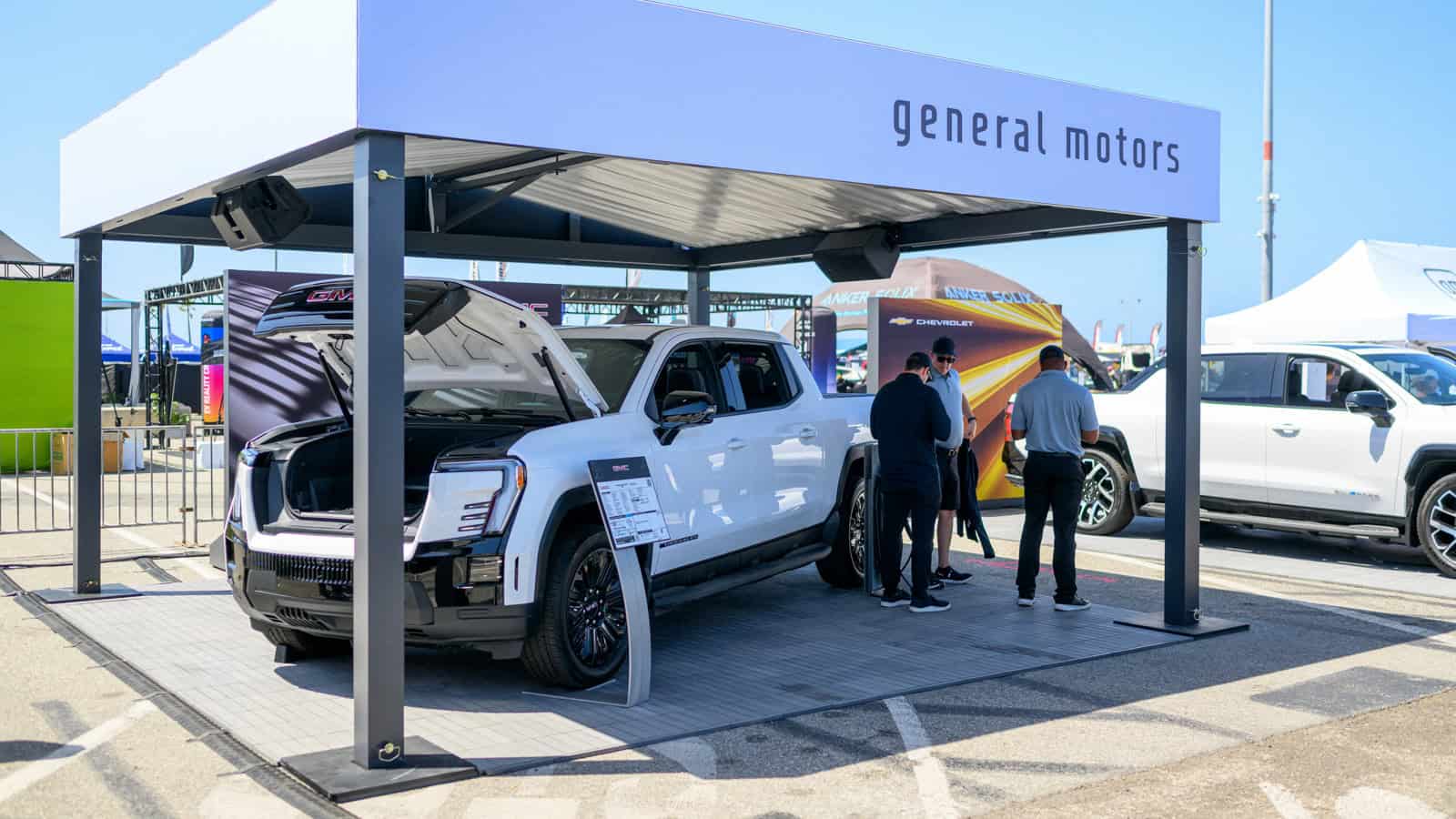
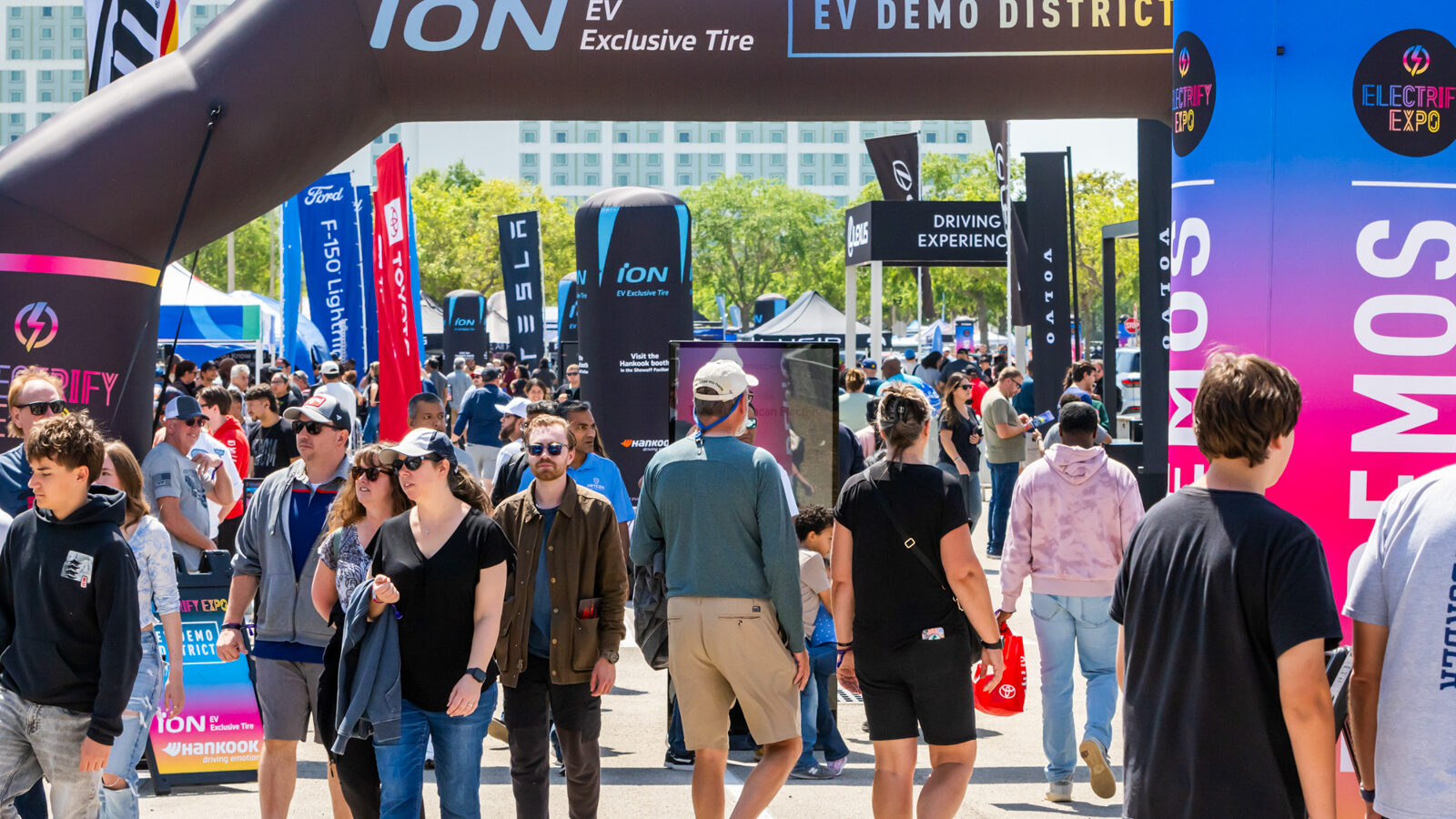
10 Responses
Makes me smile when I read “zero exhaust emissions “…….The only difference is that the pollution is generated at the power station that supplies the electricity to charge your vehicle.
Also, the mining equipment that digs out all the minerals to build the batteries pollute more than the internal combustion engines in the average cars.
Less net pollution is produced at the generator because coal and natural gas generators are much more efficient than car engines, and because some generators are (gasp!) solar, wind, or hydro powered. Sometimes nuclear!
The greenhouse gas impact of building the EV batteries has been studied, and while the total emissions from building an EV are greater than building an ICE vehicle, the lifetime emission reduction more than makes up for that.
Yeah. After 50,000 miles
Kristen, “Why All Americans will be Forced to Buy Electric Cars” is *never* discussed in your article. Unsatisfactory.
You’re correct. The article has nothing to do with the sensationalist headline.
I’m waiting for the big drop for EV prices. My first digital TV was a 40 inch non smart TV and paid $1600.00. Nowadays walk into any Walmart and you can by a 75 inch smart TV for under $700.00. Yes I know EVs are much more complex but if you can hold off a little longer and battery improvements are reilized hopefully more of us will be diving newer EVs. These mother earth people are a little to anxious. Major change happens a little shower then they would like.
You were fine until your jab at “mother earth people “. We all have good reason for some anxiety, that being the rapid escalation in climate change. So will good affordable BEVs, charging infrastructure and clean renewable energy happen before none of it matters anymore? By the way, you should learn the difference between “then” and “than”.
Nobody asked you to be their mother and there is no rapid escalation in climate change. Quit crying and attempting to spread your fear.
I have been driving BEV’s for over 25 years and the technological progress made in recent years is phenomenal… Having said that, the generation, distribution, and charging network is FAR from ready to handle the onslaught from 10’s of millions of new BEV owners predicted in the next decade… Plus, lithium-ion batteries are NOT the best path forward due to the environmental impact of mining, lack of lithium(especially in the US), sheer weight, and runaway thermal reaction associated with them…
Sodium-ion and solid-state batteries MUST be commercially developed IF a large portion of the USA, and the world in general, are going to actually drive BEV’s over traditional ICE vehicles… PHEV’s should also be prioritized since they will allow for a smoother transition… So the transition may be a bit slower than many would prefer, or sadly in some cases, try to mandate 🙁
With our current technology, I think EV’s would make for an exellent in town commuter vehicle. I don’t think they’ll be a good choice for trips out of town though. For that Hybrid, Plugin Hybrid, and ICE vehicles would be a much better choice. The biggest problem with EV and Hybrid vehicles is that the batteries are very expensive to replace.